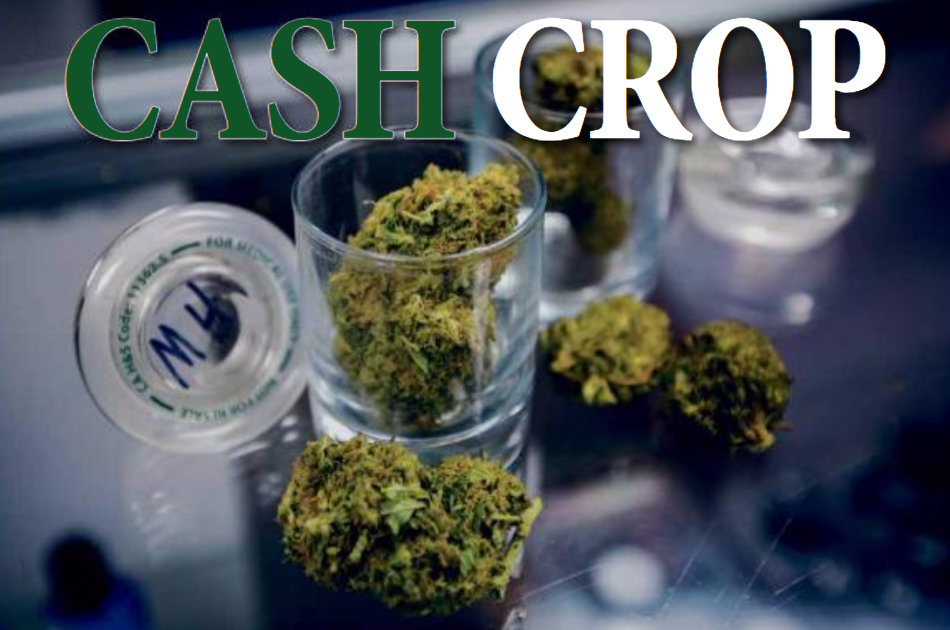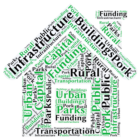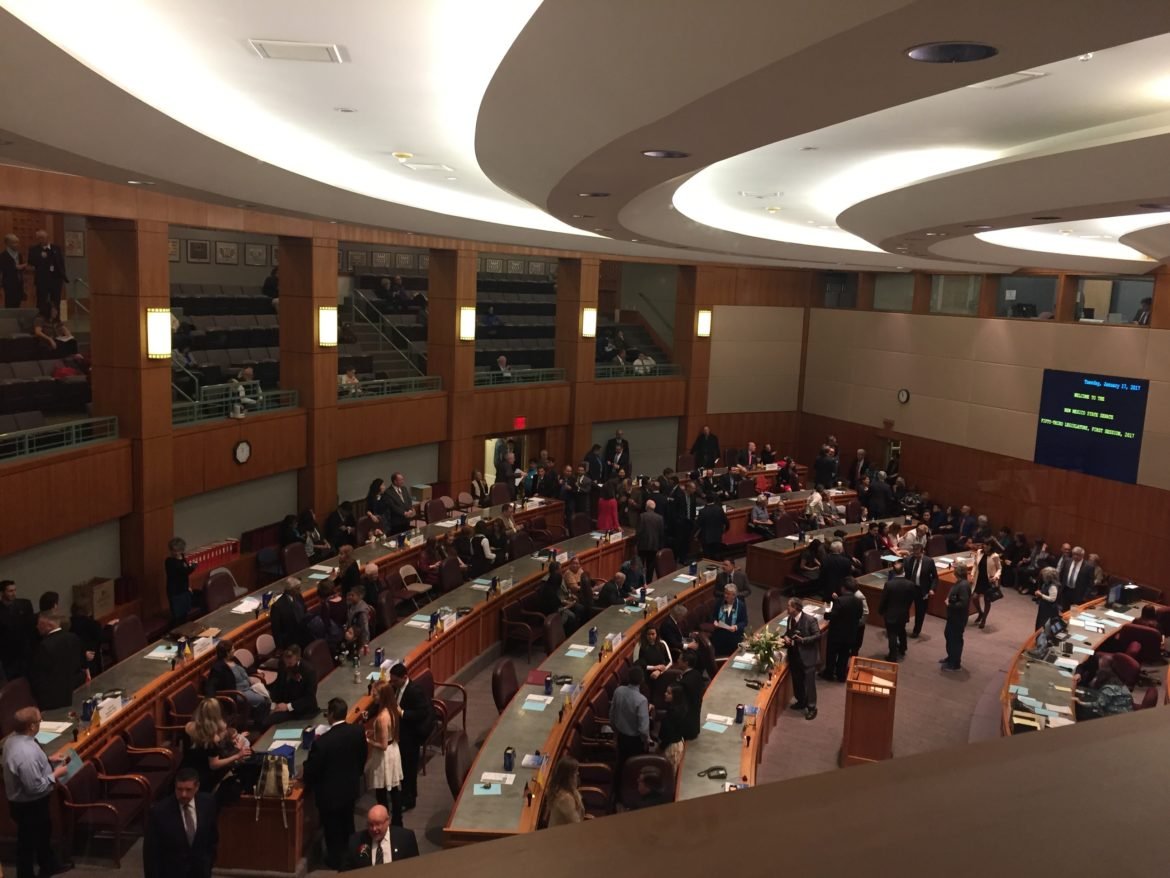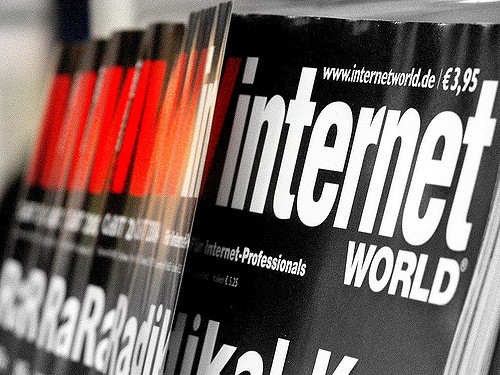2017 Legislative Session
Cannabis industry campaign contributions grow
|
The nascent cannabis industry donated more than $52,000 to New Mexico candidates and political action committees in 2015 and 2016. The largest donor, Ultra Health, hopes to see lawmakers increase plant limits for medical marijuana providers this session. The Legislature is also considering bills that seek to legalize marijuana. The first, House Bill 89, is scheduled for a committee hearing Saturday. Eight states and the District of Columbia allow adult use of cannabis, while 25 allow medical use of the drug, which is still illegal under federal law.






